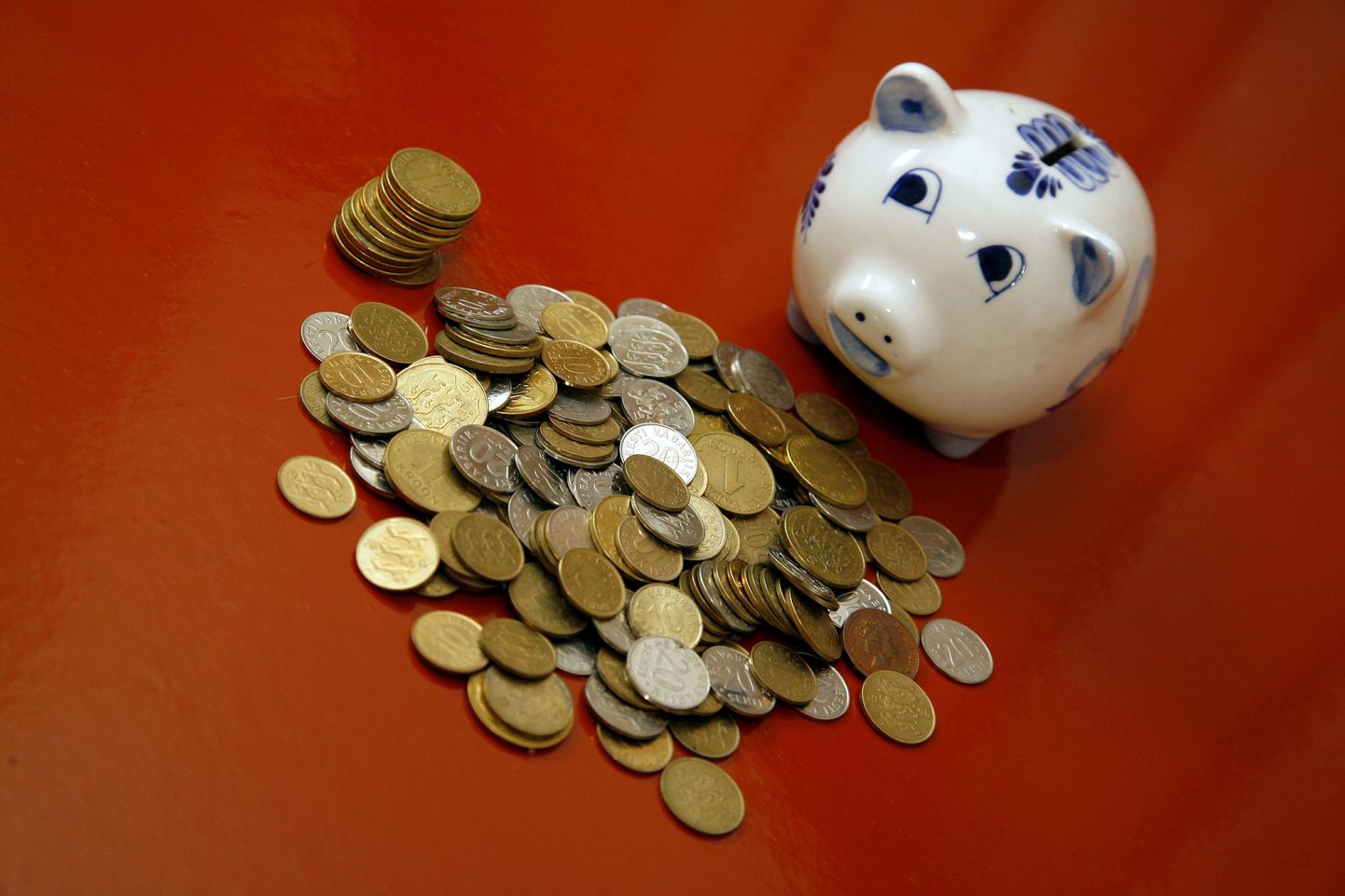For instance: the duo of alcohol and tobacco is of the kind that the state so taxes: seeking to control consumption while collecting extra money to (indirectly) pay for future doctor bills of those damaging their health. All looks just and fair.
In Estonia, low-alcohol and strong alcoholic beverages are taxed differently. Alcohol producers have long harboured a measure of enmity; now, with the issue of whether excises ought to be equalised or not, the relations have become much messier. Seeing we are not talking about small money here.
Of all alcohol consumed in Estonia, yearly, two thirds come in the form of low-alcohol beverages; even so, only a third of total excise are collected from these. Strong alcoholic beverages consumed amount to one third, coughing up two thirds of excise. A percent of alcohol in beer is taxed 2.6 times lower than the same in strong alcoholic beverages. Turns out: in 11 months this year, due to tax differences, the state missed €62,364,059. How much, we ask, has failed to be collected over the past decade? Half a billion euros.
Sure: alcohol producers are all fighting for their rights. Strange would it be, indeed, if those saving millions thanks to lower tax rates on low-alcohol beverages should at once gladly give up their savings. Obviously, also, in a small country like Estonia it may easily happen that tax-imposers and payers of it may be connected more closely than advisable. Neither should this mean, however, that friends enjoy exceptional status regarding rules.
